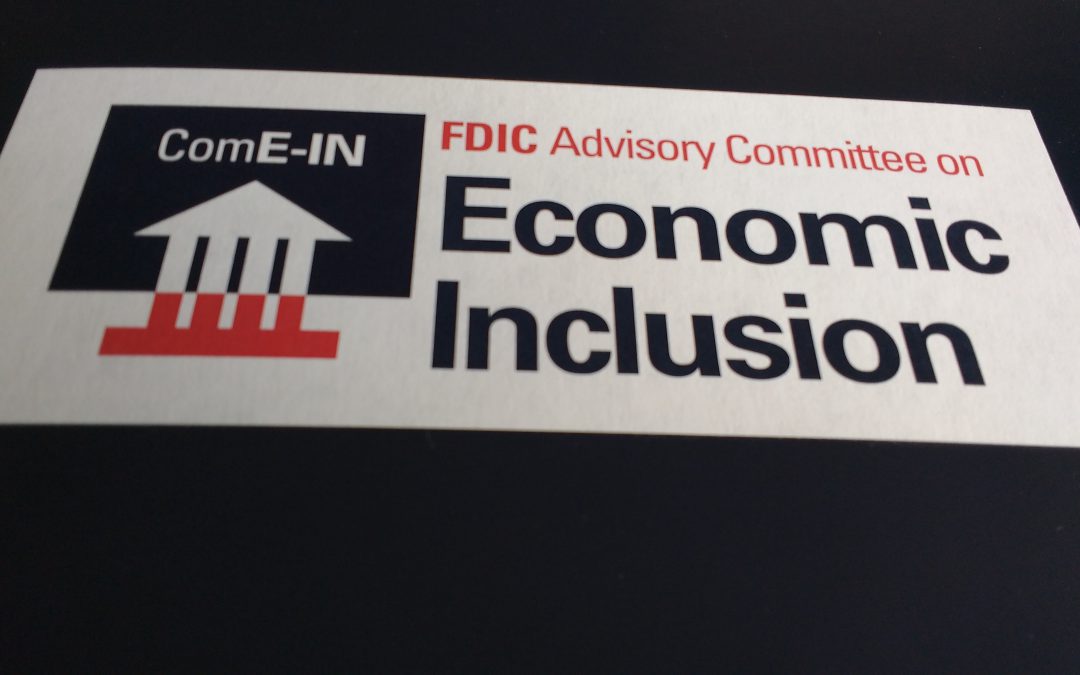WASHINGTON – About one in five American households don’t have a recent credit history, a new Federal Deposit Insurance Corp. survey of underbanked households found.
The commission completed its seventh survey on what it called “underbanked” Americans, or people who have a banking account, but still use pawn shops, payday loans and similar services. The FDIC report, released Wendesday, also found that blacks, Hispanics, people with disabilities and foreign-born Americans are less likely to fully participate in the banking system, making it difficult if they want to buy a house or car because they lack robust credit histories.
FDIC staff presented the report to the FDIC Advisory Committee, which is comprised of law school professors and leaders of banks or organizations that work with financial institutions. Despite the advisory committee’s praise of how the annual survey has helped guide the discussion on underbanked Americans, members urged staff to break the data down further by race and invest time into a campaign to educate such Americans.
“There are ways to rephrase this data in a way that is urgent,” said committee member Wade Henderson.
Henderson, who is president and CEO of the Leadership Conference on Civil Rights, said a narrative should be created so people are motivated to look into the data and make changes in how banks reach out to these communities.
The committee discussed having more bank tellers from minority groups or sharing more tips on how to build credit history and its importance.
The survey found higher rates of black and Hispanic households among the underbanked Americans despite the overall rate decreasing in recent years due to an improved economy.
Americans who use options other than banks may have a harder time building credit. But in advisory committee member Patricia McCoy’s experience, some people prefer to use such products.
“My experience has been that people use alternative banking because they work better,” said McCoy, a Boston College professor.
Advisory committee members also discussed “bank deserts,” places where banks are closing their branches. Even though the survey found an increase in mobile banking, most Americans in rural areas are using branches for their financial services.
“The financial system can work” for the underbanked, Advisory Committee Chairwoman Jelena McWilliams said. “It doesn’t have to work against them.”

